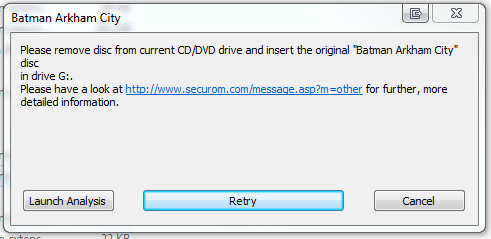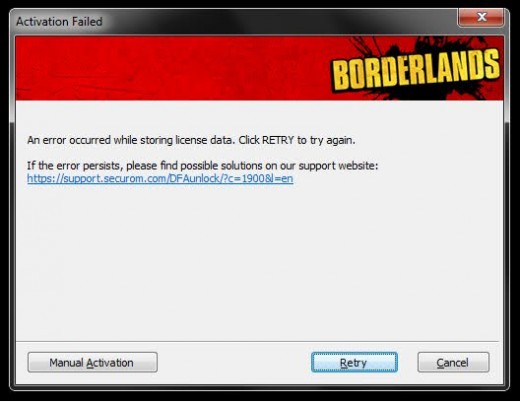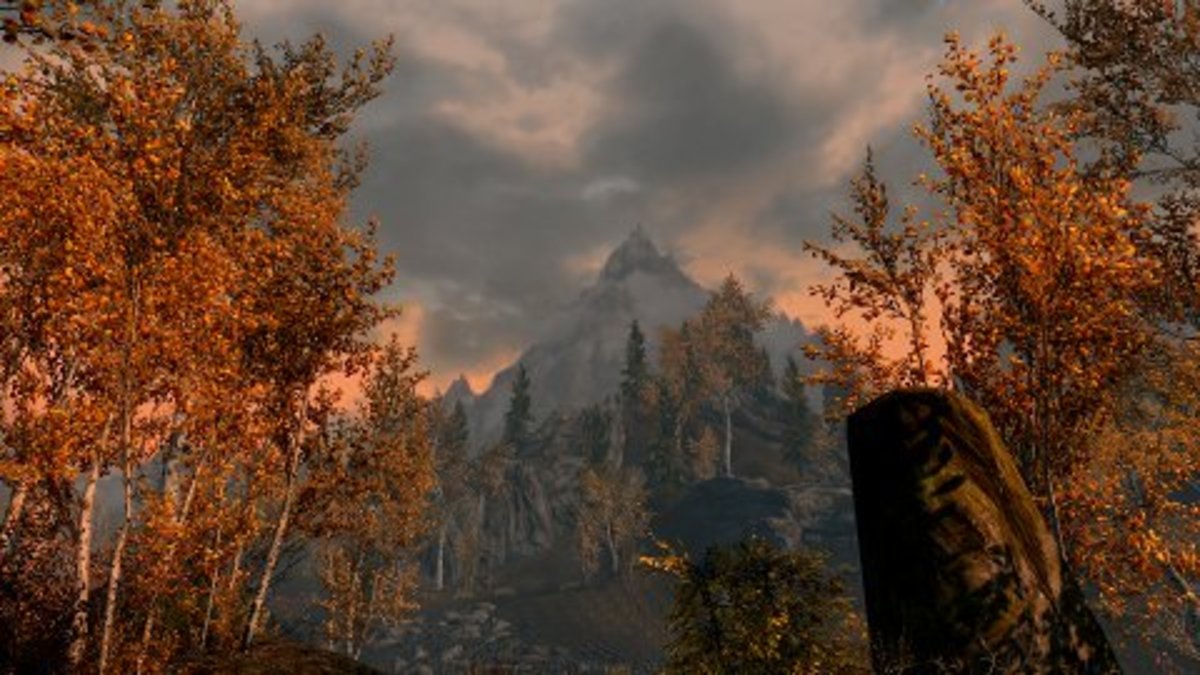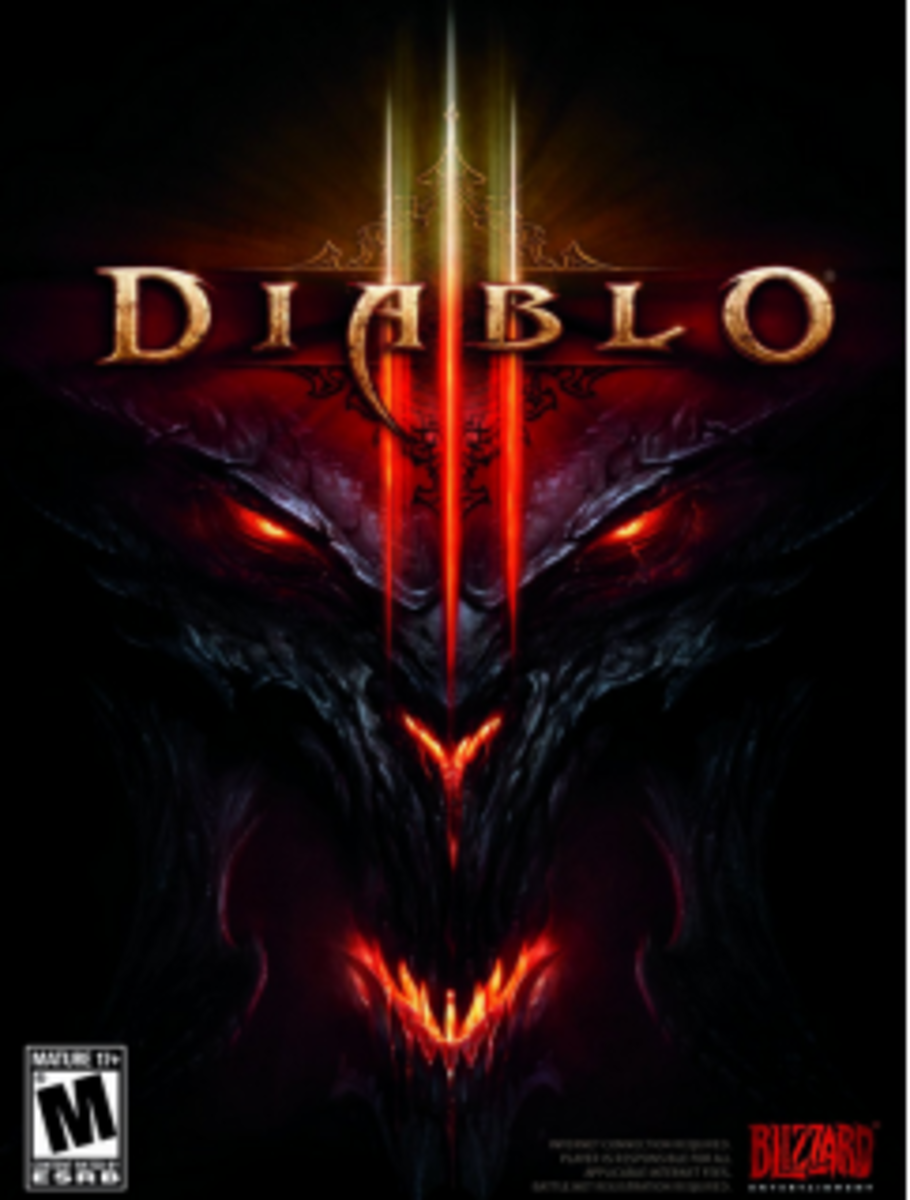Why Do Gamers "Pirate?"

Setting Sail
Software piracy, according to Computerhope.com (2017) is a term used to describe the use, distribution, and copying of software items without ownership or legal rights; applies to all types of software outside gaming. Software piracy is not a new concept as it existed before the 1980s since software could be freely distributed without any legal issues; however, the US Patent Office recognized copyrights on the compiled version where the code was used (the source code was not recognized individually) granting protection status of literary works to the code. Copy protection was officially started after Bill Gates' whose lobbying and testimonies led to legislation to protect software integrity. (Russell Huebsch, 2017)
Fast-forward to our time, pirating games has never been easier when even the most elaborate and complicated protection schemes can be "cracked" for access illegally; re-packaged and uploaded to torrent sites for everyone to obtain via a torrent client. Such sites exist in multiple languages and versions where the only drawback is the reliance on "seeders" who have to be present in order to download the file; no seeders=no download progress. Some torrent sites even have moderators who check and approve releases before they can be uploaded. Finally, such websites are notorious for adware, malware, and viruses which are another drawback but unlike absence of seeders, it doesn't seem to concern gamers as much.
However, like piracy, legitimate distribution has also evolved for the better with more user-friendly methods of copy-protection and better customer service that improves with user feedback albeit much later in time. Valve's Steam and EA's Origin are such examples where both offer better prices on games, customer support as well as the convenience of accessing your library anywhere. Origin also gives a free game every few months. Unfortunately, piracy still exists hence we will explore as to why it does so further on.
Pricing and Trial
One of the main reasons as to why gamers take to piracy, prices of games are sometimes too expensive and rarely justified by the developers; this also produces another reason which is the trial of the product before putting down the money for the licensed version. An AAA release costs 60$ for the base game but nowadays, for a complete experience one has to pay up to 100$ to also buy DLC/additional content which was unnecessarily cut from the base game. A re-pack on a torrent site would likely feature all DLCs released for the game. Needless to say that in the current economic climate, most gamers would rather test the product before buying it for such a price.
It's no secret that publishers get involved with the game development where things lead to content cuts, forced DLCs and unfinished games released for full price; Mass Effect 2 being one example where a vital story element (in a story-heavy game) was cut and sold separately as DLC upon its initial release. Such practices worsen the situation where gamers pirate the game out of principle to not reward this business practice; some buy it later as a Game of the Year/GOTY edition with all DLCs for a cheaper price.
Years back, we had game demos that were playable which could be downloaded from websites (some of which are no longer active) such as Underground Online/UGO.com and Download.com; both of which I used to frequent to get demos of games I was interested in before deciding if I want to buy them or not; bought most of those that I liked. The demos included up to 3 levels supposedly showing the highlights of what the game had. While some games have demos on Steam or Origin, not many developers release one anymore, therefore, limiting options for a trial.

Protection Schemes/DRM
While Digital Rights Management/DRM and other protection schemes are important to enforce software integrity; there was a time when it was overly convoluted in a sense that it locked legal owners out of their own software (which they bought legitimately) for reasons ranging from changing computers to the DRM simply not letting them access the software. Some DRM such as StarForce even degraded optical drive performance; happened to me. Some DRM schemes may even be malware/bloatware that slows the performance of a computer and even the game itself.
An example of this is UbiSoft and it's PC port of Assassin's Creed 2 on initial release where the DRM had to check-in with the server every 75 seconds, therefore, requiring a constant Internet connection while testing your patience with game-breaking lag and stutter. The game was undoubtedly "cracked" where the re-pack came with a server emulation program that the player accessed before running the executable file from the root folder.
Bioshock 1alongside the first Mass Effect also had an issue where the user was limited to only 2 installs where a change in hardware (e.g a new graphics card) counted down one of them. Such DRMs in my opinion, are convoluted and unnecessary, especially if the legitimate owner suffers due to this. However, such a DRM scheme would have worked had piracy not evolved therefore those who applied it are half-right when they thought they could stop piracy with it; it is still a bad practice because of how it affects the legal owner.
SecuROM is another controversial DRM scheme that is universally disliked for not only having limited activations, dropping performance in-game alongside system crashes and refusing to launch altogether. This DRM, like Starforce has issues with the user's operating system where the former won't run with Windows Vista and in some cases Windows 10 while the latter needed many patches to run on Vista and even then didn't always work. In 2008 I bought a retail copy of Bet on Soldier/BoS which had Starforce on it; I had to download many patches and it ended up not only refusing to work but breaking my disc drive; it won't read disks anymore.
Overall, gamers take to piracy to avoid the hassle brought by DRM which doesn't guarantee the product to work at all either due to the type of operating system used right down to the system simply not working as intended. Not only making paying gamers jump through hoops but also damaging their systems in a big way; this to me is a valid reason to not buy licensed software, therefore, the ball is in the court of developers to go back and reconsider their DRMs.


Availability
Sometimes, when you are a gamer that tries to buy licensed software and doesn't have any intentions of piracy; you still can't find that game you either played years back or you just found out about; not on Steam, GOG or Origin. Enter another reason to sail the seas; looking for the game that the publishers don't care for or have forgotten. Who is the culprit here if the gamer himself has the desire to buy the game? The answer is whoever makes business decisions within a company and/or publisher/store-front.
Recently, SWAT 4 was released on GOG which made me very happy and trip over my computer wires to buy it then and there because I owned the retail disc years ago and loved the game a lot. Where was it before? In publishing rights hell possibly. Another recent event was the removal of Grid from GOG (Andy Chalk, PC Gamer.com, 2016) alongside the sudden disappearance of SiN from Steam in 2011. I could go on about how some great games that have a following and would make a lot of money just from day 1 on any store-front but we will be here all day.
Piracy is the gamers' only hope of obtaining the game at this point, especially because how the sphere relies on community input which gives birth to community editions of the game; optimized for multiplayer, (if any) patched to run on modern systems (most of these games are 10+ years old) and released virus-free. We can safely say that support for older games is mostly done (and done better) by the players themselves which gave us the John Mullins patch for Soldier of Fortune 1, and that is just one example.
This type of piracy is done as a last resort when no other options exist, therefore, it's up to the rights holders as well as storefront operators to return them to sale. This goes double for Steam who takes many early access survival games, Unity engine asset flips and walking simulators as well as terrible games no one cares about (when not down-voting to oblivion) why not bring back something good?!
Further Watching
Conclusion
Overall, piracy is not necessarily done by gamers who are freeloaders; it's a part of it sure but nowadays it goes beyond gaming for free. Sometimes, publishers (and even developers) perceive us as pirates by default therefore, creating a self-fulfilling prophesy where their DRM schemes just scare us away or refuse to even work. Finally, one of the components that is easily remedied by negotiations to return the games to sales for, in my opinion, an easy payday and a smart business decision; dump the Unity asset flips and early access survival games that would never be finished and instead, release beloved classics.
Your Input
Why do you think Gamers take to Piracy?
© 2017 Jake Clawson








